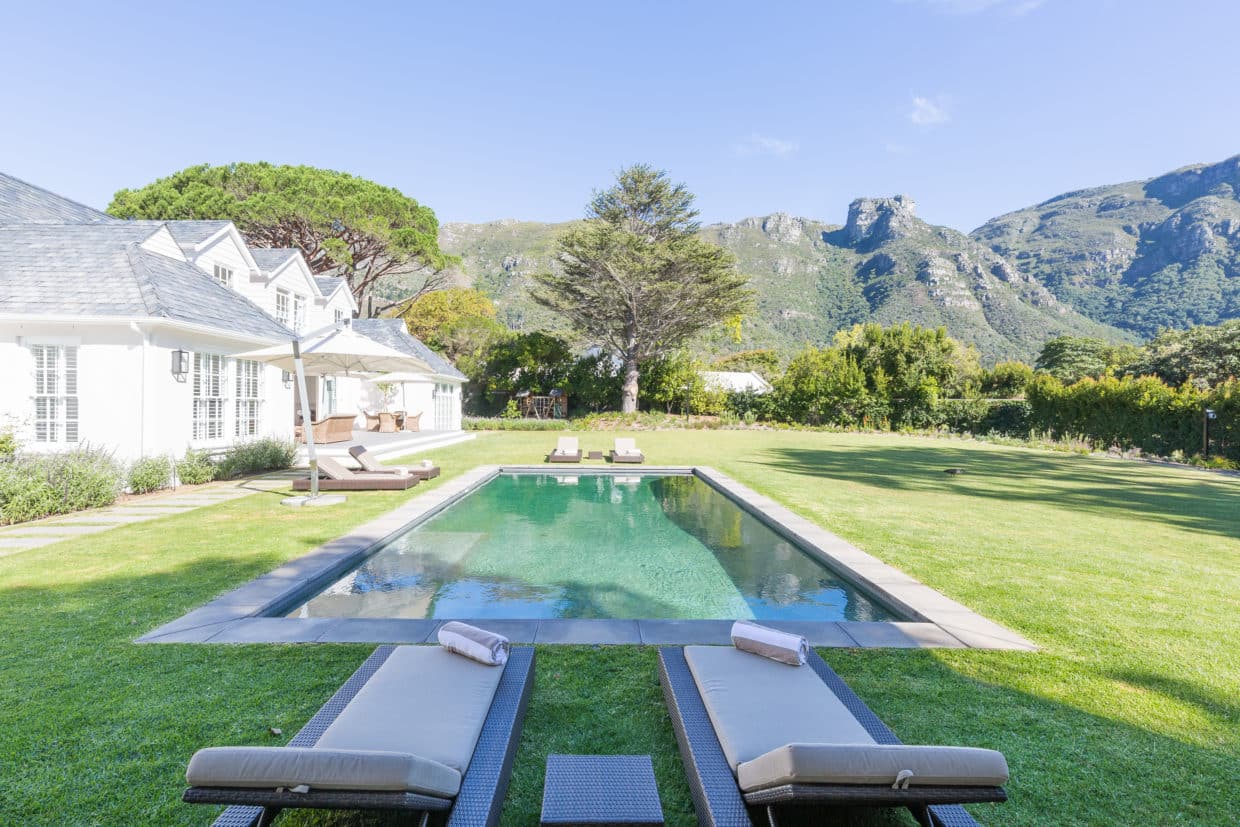Hotels in Africa Expand Footprint
Cape Town – Africa is open for business where hotel development is concerned as despite some short-term challenges, hoteliers of all sizes are expanding their African footprint.
That was the key message from Tim Smith, managing partner in South Africa of global hospitality group HVS, to delegates at the opening of the Tourism, Hotel Investment and Networking Conference (THINC Africa) and launch of the 2016 African Hotel Valuation Index (HVI), taking place in Cape Town.
“There’s a lot of business to be done” Smith said. “We need to build hotels with our heads and not just our hearts. We need to develop sustainable hotels not just in an environmental sense, but also for bank managers so they will continue to lend money to grow hotel and tourism businesses across Africa.”
Smith said major hotel chains such as Accor, Rezidor and Hilton have substantial pipelines of hotels under development, as do smaller operators such as Azalai, City Lodge, Onomo and Protea.
He said while short-term challenges such as the commodity slump and currency fluctuations were in play, as well as terrorism in North Africa, for example, in the long-term, the climate for hotel development and investment remained “sunny”.
Smith said while much of the business was about attracting dollars, pounds and yen, a major trend apparent in the data gathered by HVS for the HVI was the growth in local tourism. The HVI by necessity reports in US dollars (so as to allow a level of comparison between markets and because much investment is in US$) but, said Smith, many markets were showing a drop in value in dollars. “It is increasingly important to look at performance in local currency as well as US$,” he said. “It will fluctuate, but as long as the trend is positive, new markets will evolve.”
The third edition of the African HVI now covers 21 cities in Africa and 16 different countries, a 50% growth since the first publication in 2014. This growth, said Smith, was indicative of the “ever increasing interest in the African hotel market” and it illustrated improved transparency and increased access to data across the continent.
Smith said while the top three markets remained the same as last year – Seychelles, Abuja and Addis Ababa – newcomers were showing positive growth. Cape Verde, said Smith, despite it not having an abundance of natural resources, was an example of how a stable political environment and working democracy can improve a country’s fortunes.
Botswana is a success story, said Smith, and its hospitality sector is “thriving”. Both Marriot and Cresta are opening hotels in Gabarone and the World Bank has described the country as a “development success story”.
And South Africa? Despite the visa debacle of 2014, which saw massive drops in tourism numbers, particularly from China, which dropped 40%, Cape Town tourism grew by 22%. The currency exchange rate had a positive impact too. But, said Smith, in dollar terms, Johannesburg and Durban didn’t fare as well, showing a 16% drop in 2015.





